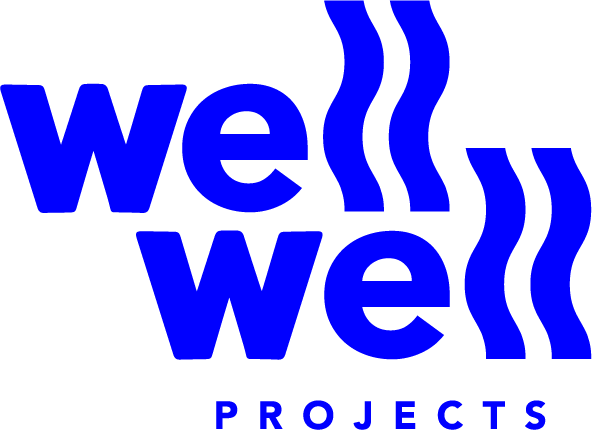There is so much I want to tell you
Alyson Provax
August 6 – 28, 2022
Opening Reception
Saturday, August 6, 2022
5:00–8:00pm
Gallery Hours
Saturdays - Sundays, 12-5pm
drop in and by appointment

Last year I thought I read Mary Ruefle as saying that we spend our lives repeating a single sentence. As it turns out that’s not what she said, but I didn’t realize until I returned to the essay a second time. This is fitting, because lately I’ve been thinking about projection and interpretation: how much of the relationship between me and you is between us, and how much of it remains siloed within our individual selves.
I read that conversation between the researcher and the AI that he thinks is sentient. The researcher asked the AI something that I would like to ask him, or you: How can I tell that you actually understand what you’re saying? The AI acknowledges that two people can each have an understanding of the same thing but still have different interpretations. We argue with each other over this all the time and even though we know that perception itself is an interpretation, the real problem is that it is still all we have, there is no objective lens to compare anything to.
In computer science the ELIZA effect is when we project meaning onto the words of a computer. That experience isn’t limited to nonhuman beings, we just tend to project meaning wherever we can in an effort to feel understood. I saw a lot of this on Catfish: The TV Show – the way that we want to understand each other so badly that we will pour ourselves into vague banalities: I feel exactly the same. But I think it leaves us feeling a bit empty. Ocean Vuong talks about the problem of alienation from repetition, pleasantries: “And so what happens to our language, this great, advanced technology that we’ve had, when it starts to fail at its function, and it starts to obscure, rather than open? And I think the crisis that my uncle went through, and a lot of my friends, was a crisis of communication — that they couldn’t say, ‘I’m hurt.’”
My work has often focused on this obscured language. At its best, imprecise language can be a way of pointing at a feeling that is too large or complex to truly share – we only understand its contours relationally, and more than anything we just hope that we’re both pointing at the same mountain. But more recently I started to worry that this is insufficient because of course I can never truly know how you feel. Maybe this is part of the crisis that Ocean Vuong is talking about, which leads to that feeling that it is impossible to say anything at all. As I turned over the problem within this new body of work, I realized that while a fundamental gap between us will always remain, I still love it that we flail in this way, and that one of the basic principals of constructing reality with another is agreeing on how to talk about it. I guess I should accept that when we say “I know what you mean” it is that my heart is calling out to your heart across the distance between us.
“Even the most impassioned insistence on our interdependence or entanglement offers only a description of our situation; it does not indicate how we live it.” Maggie Nelson, On Freedom
This exhibition was supported by a grant from the Oregon Arts Commission and The Ford Family Foundation. I thank them for their generosity and support, which was vital to the creation of this show.
This work was printed by the artist on a Chandler & Price Pilot Old Style using type from M & H Type and Dale Guild Foundry, as well as photopolymer plates from Boxcar Press. The pieces were framed by Framing Resource and supports for the unframed work were designed and 3D printed by Anthony Roberto.
¹“This is what Ezra Pound learned from Ernest Fenollosa: Some languages are so constructed–English among them–that we each only really speak one sentence in our lifetime. That sentence begins with your first words, toddling around the kitchen, and ends with your last words right before you step into the limousine, or in a nursing home, the night-duty attendant vaguely on hand. Or, if you are blessed, they are heard by someone who knows you and loves you and will be sorry to hear the sentence end.” (from On Beginnings)

There is so much I want to tell you, 2022, exhibition installation view

There is so much I want to tell you, 2022, exhibition installation view

There is so much I want to tell you, 2022, exhibition installation view
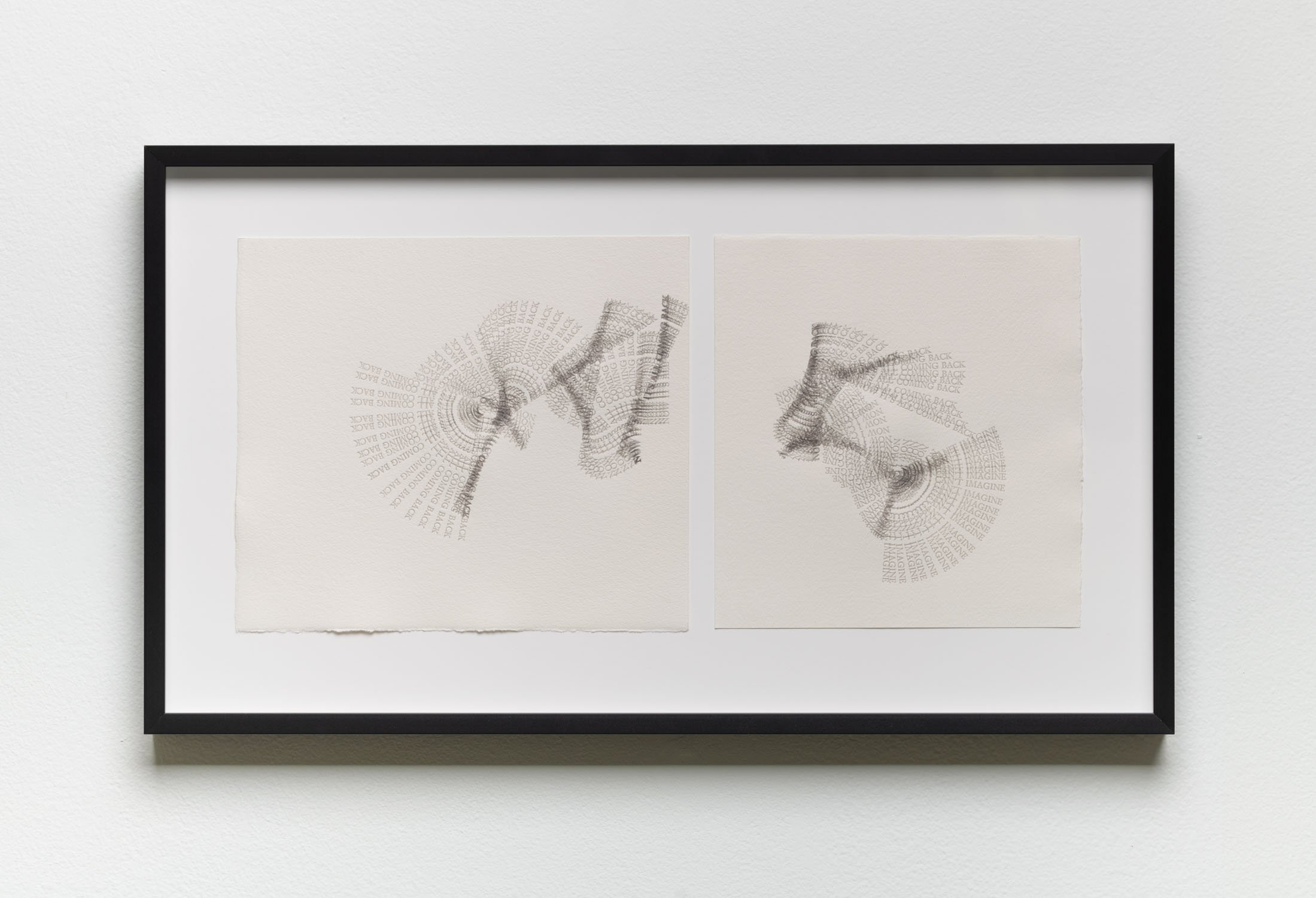
There is so much I want to tell you, 2022, exhibition installation view

There is so much I want to tell you, 2022, exhibition installation view
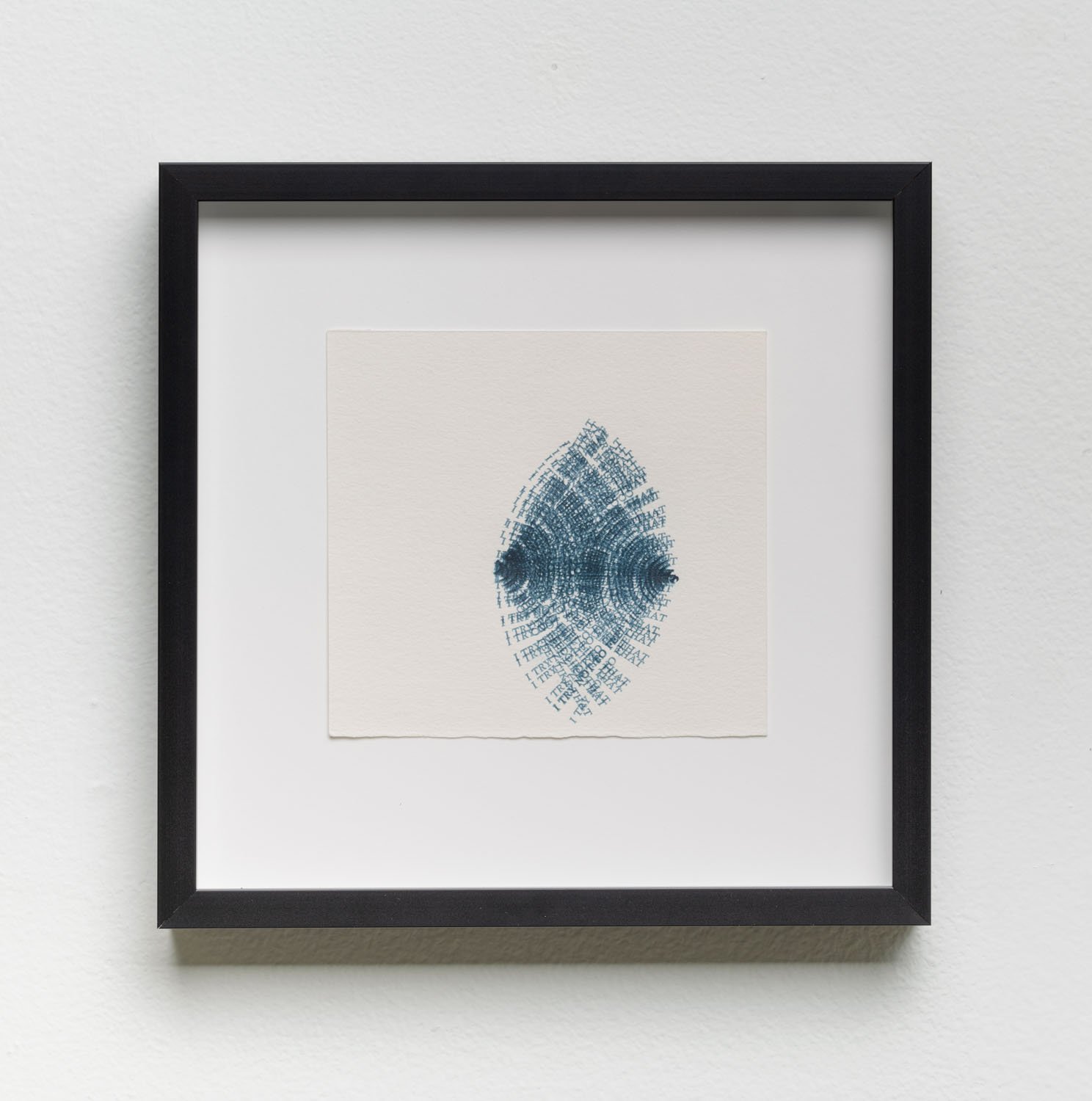
There is so much I want to tell you, 2022, exhibition installation view
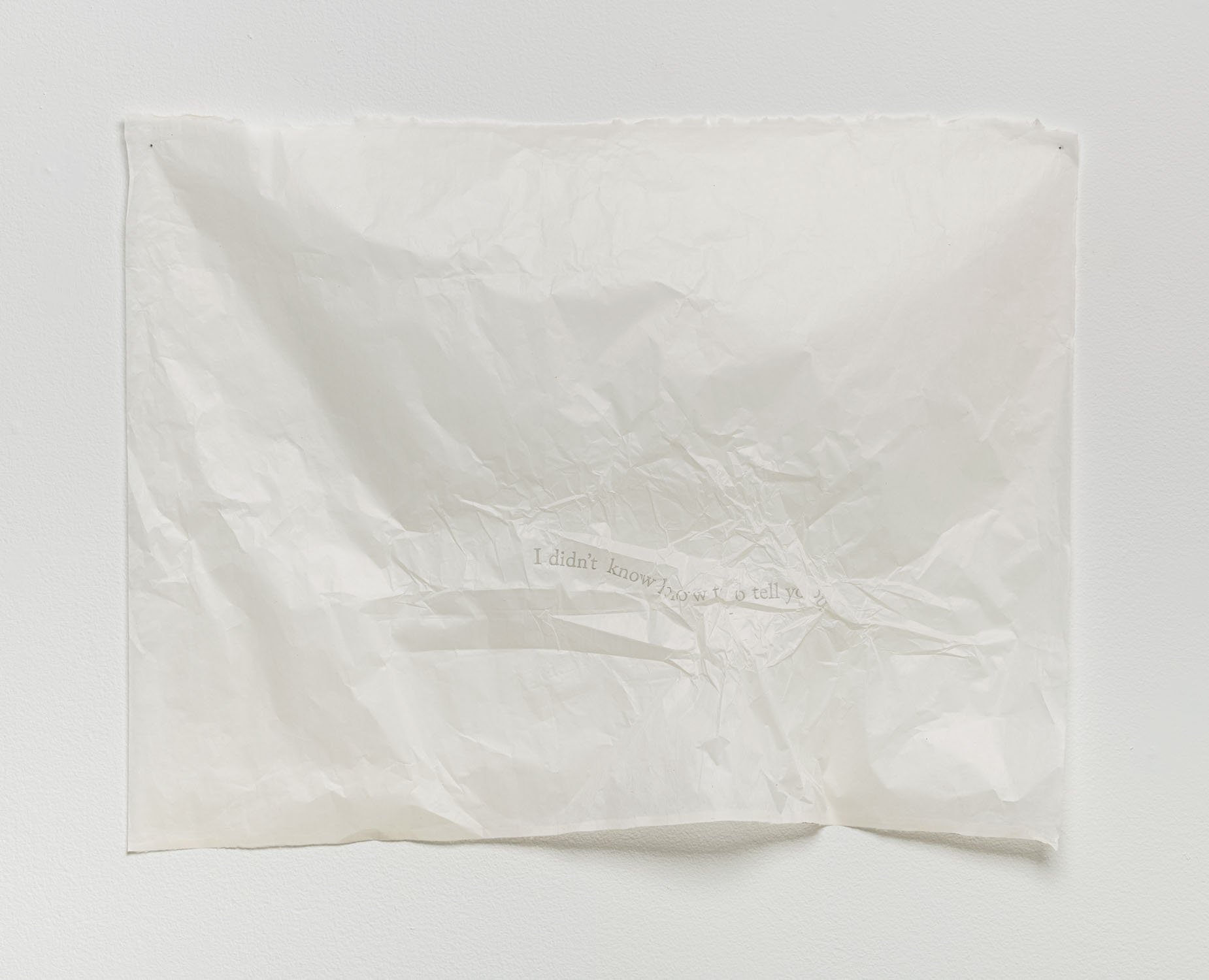
There is so much I want to tell you, 2022, exhibition installation view

There is so much I want to tell you, 2022, exhibition installation view
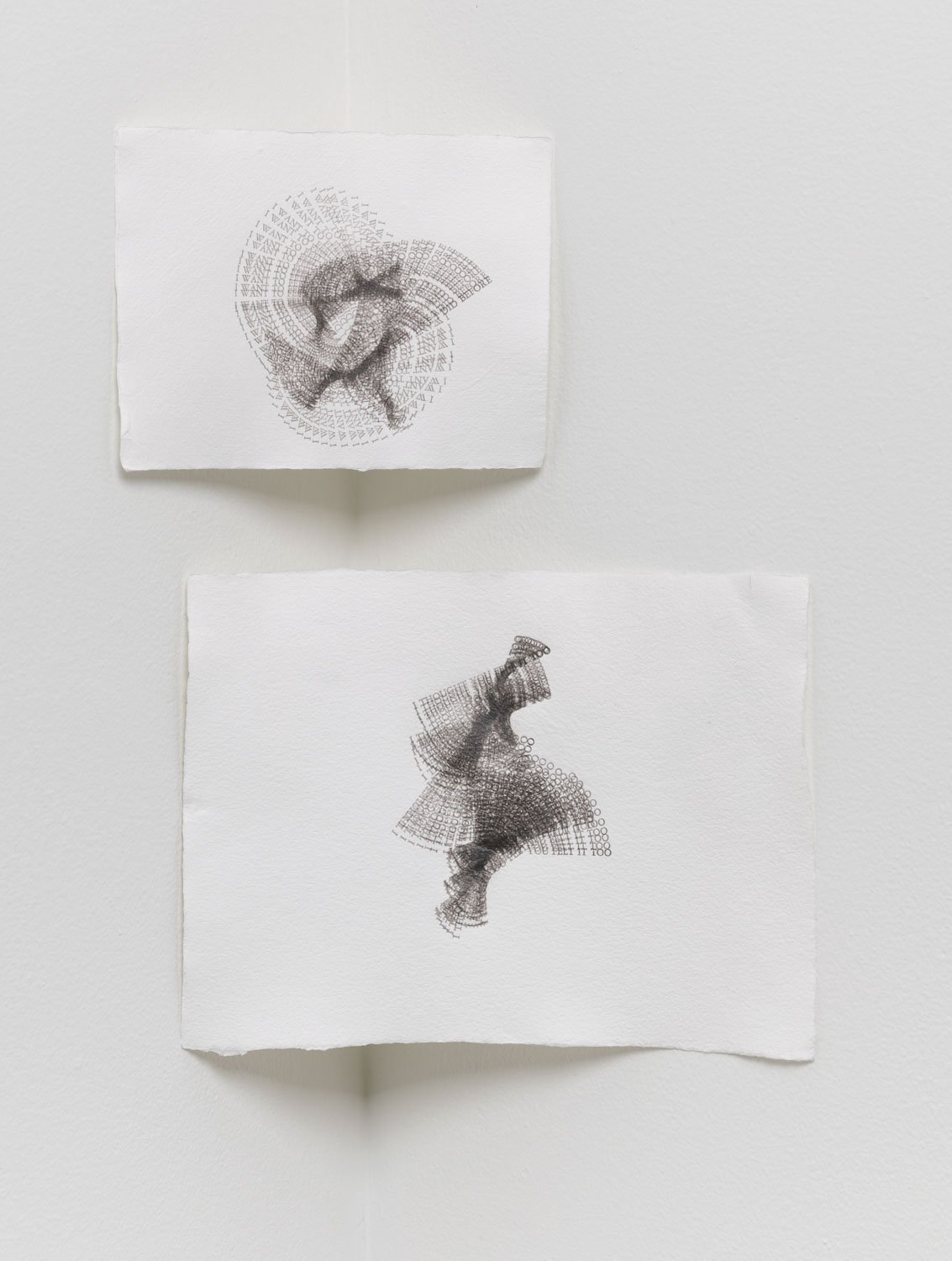
There is so much I want to tell you, 2022, exhibition installation view
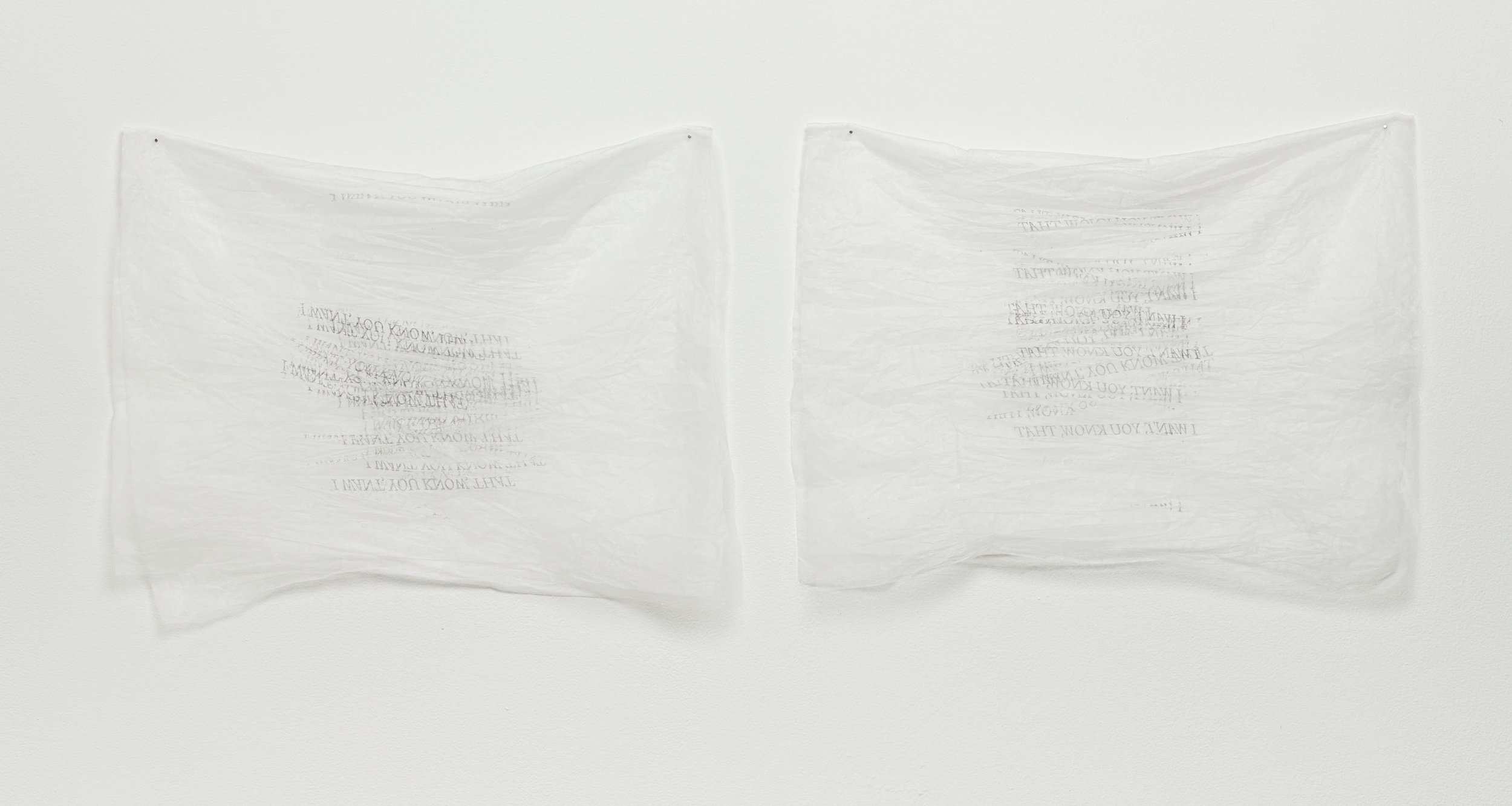
There is so much I want to tell you, 2022, exhibition installation view

There is so much I want to tell you, 2022, exhibition installation view
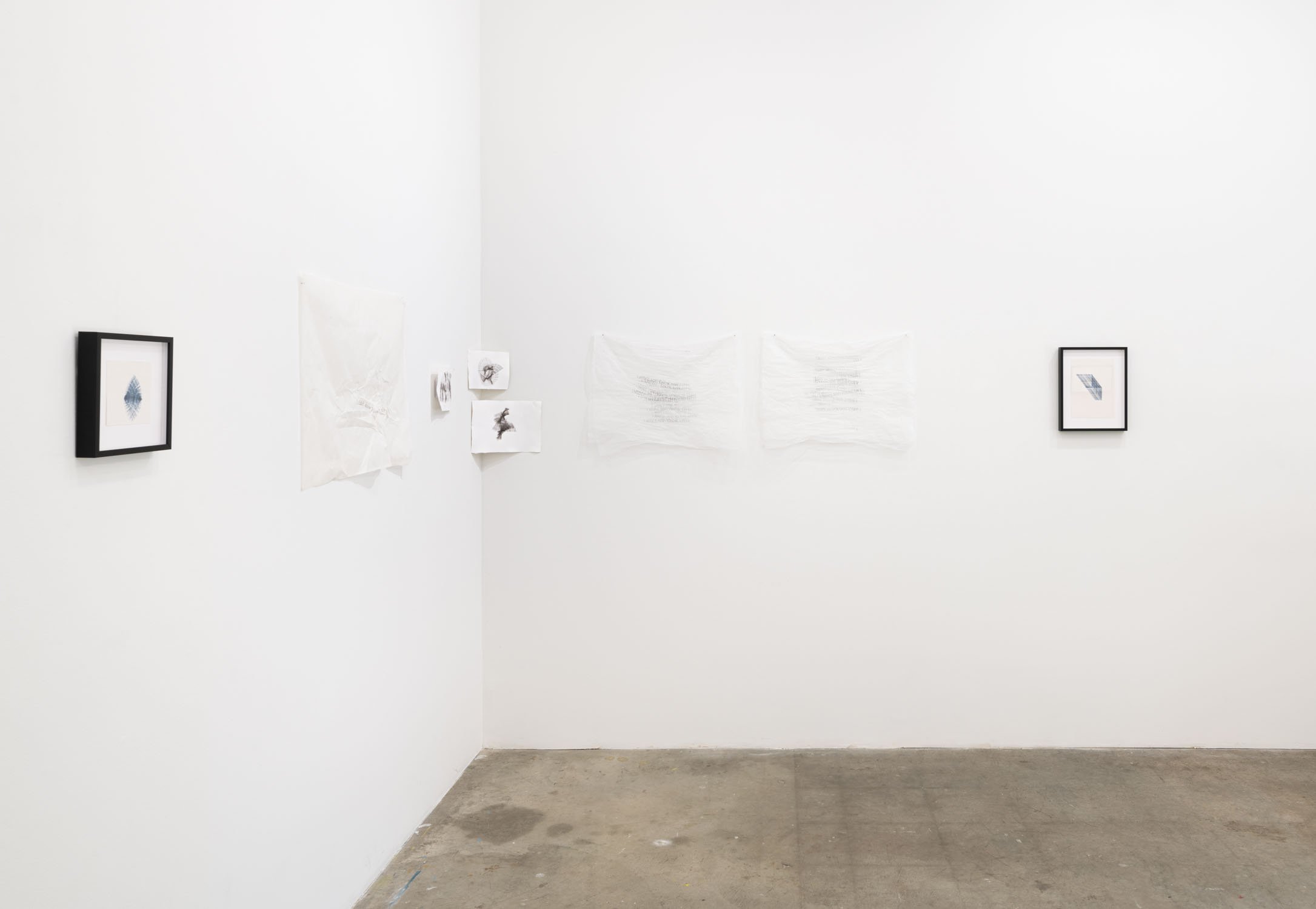
There is so much I want to tell you, 2022, exhibition installation view

There is so much I want to tell you, 2022, exhibition installation view
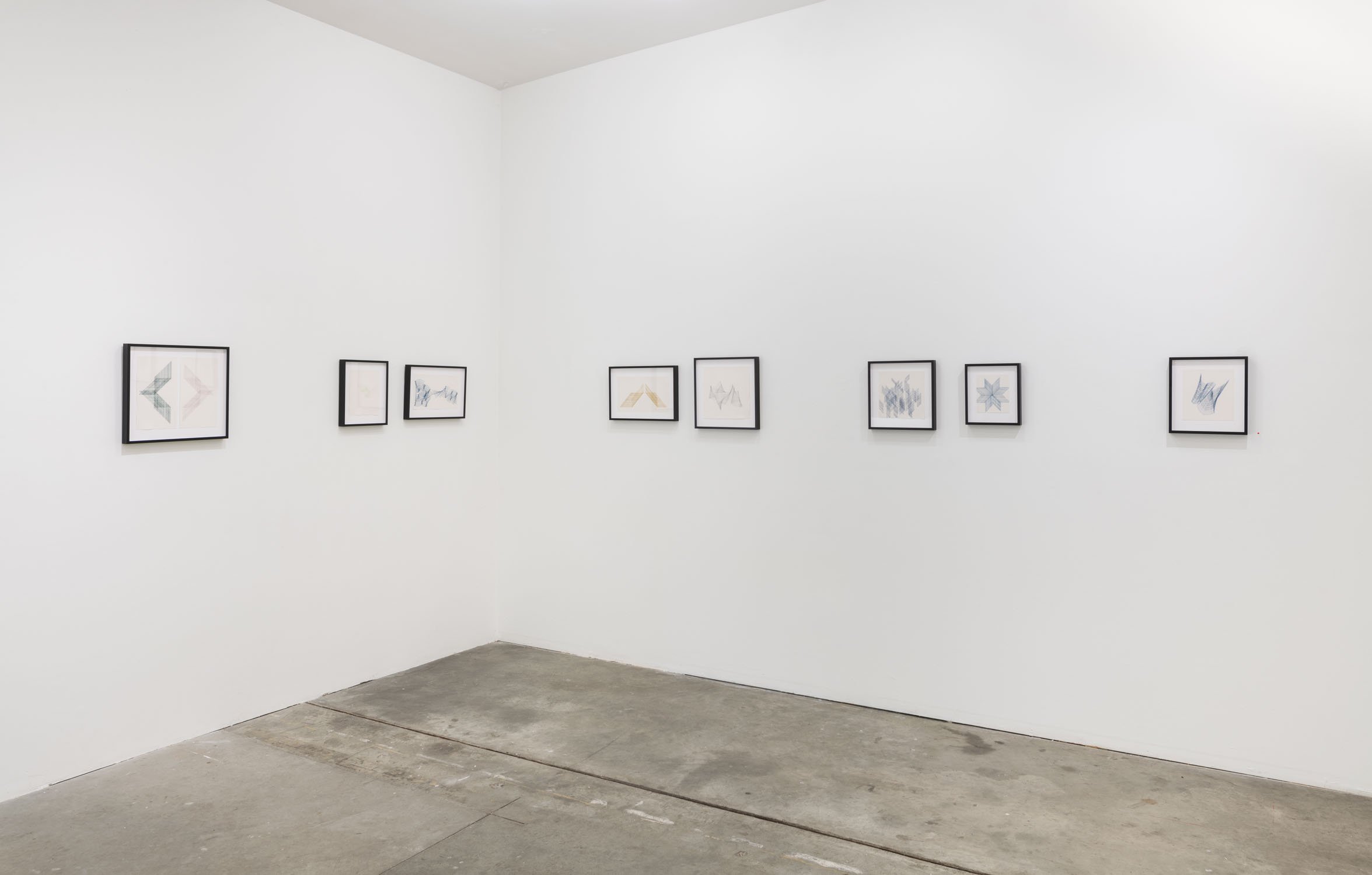
There is so much I want to tell you, 2022, exhibition installation view
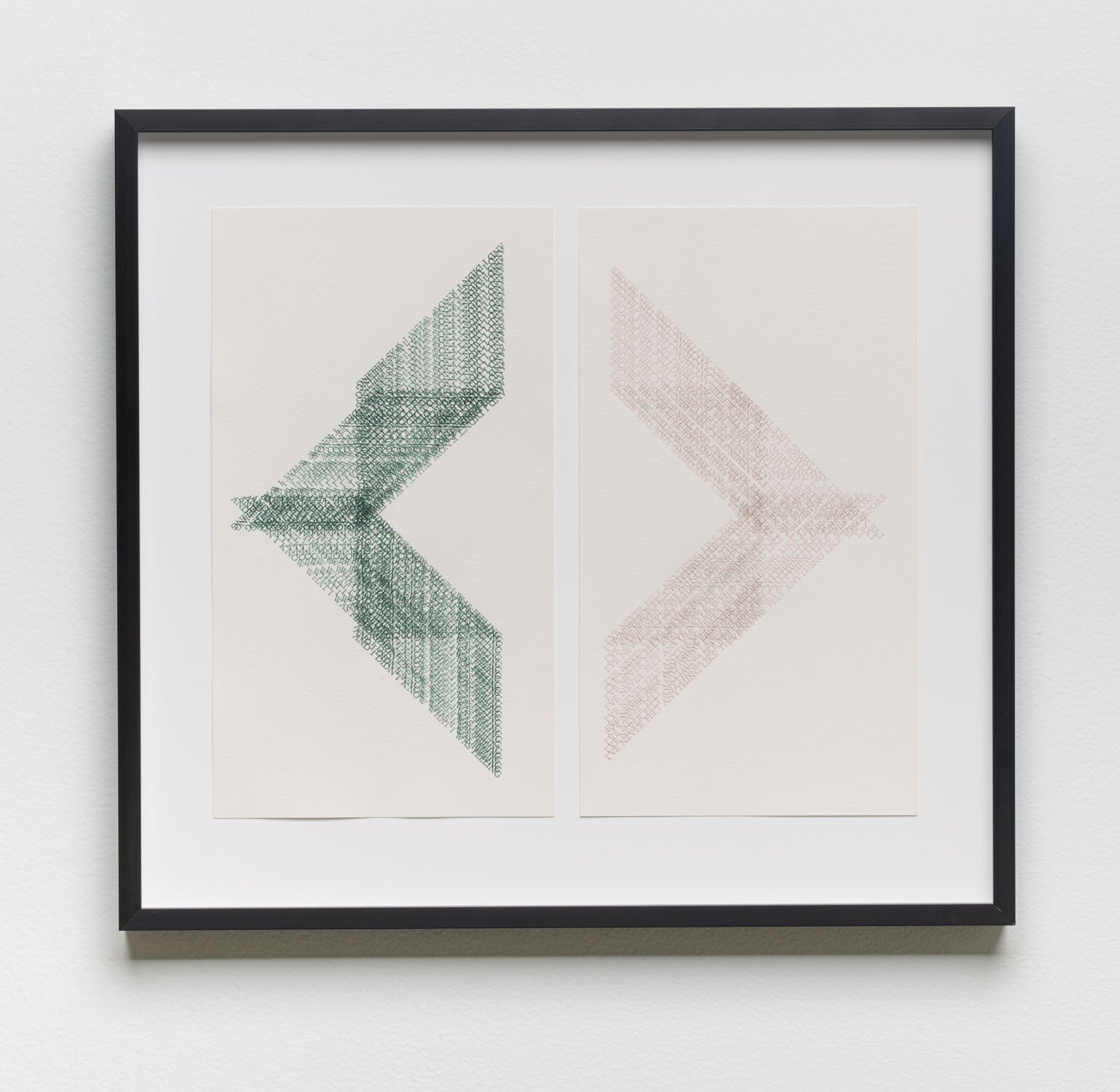
There is so much I want to tell you, 2022, exhibition installation view
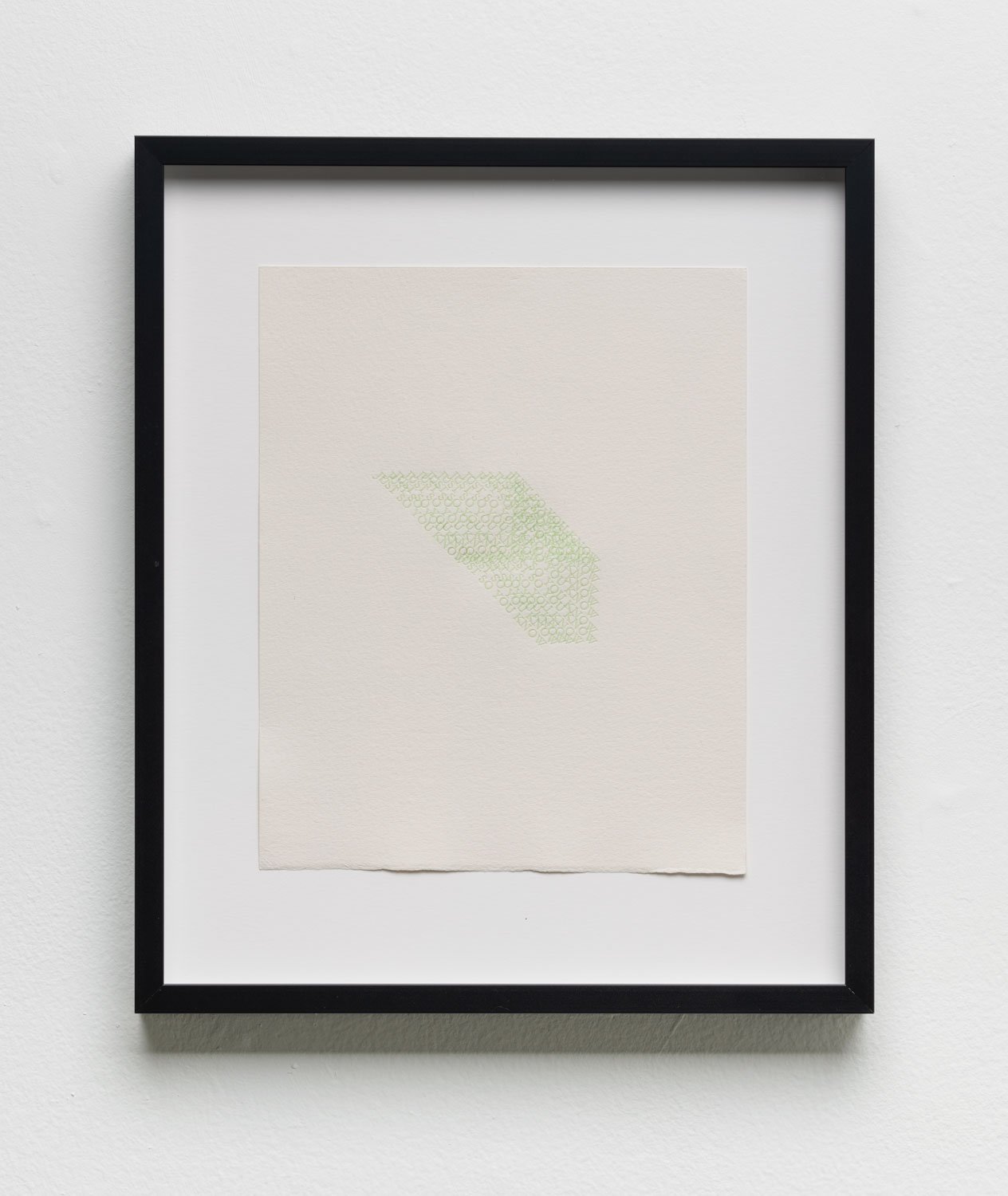
There is so much I want to tell you, 2022, exhibition installation view
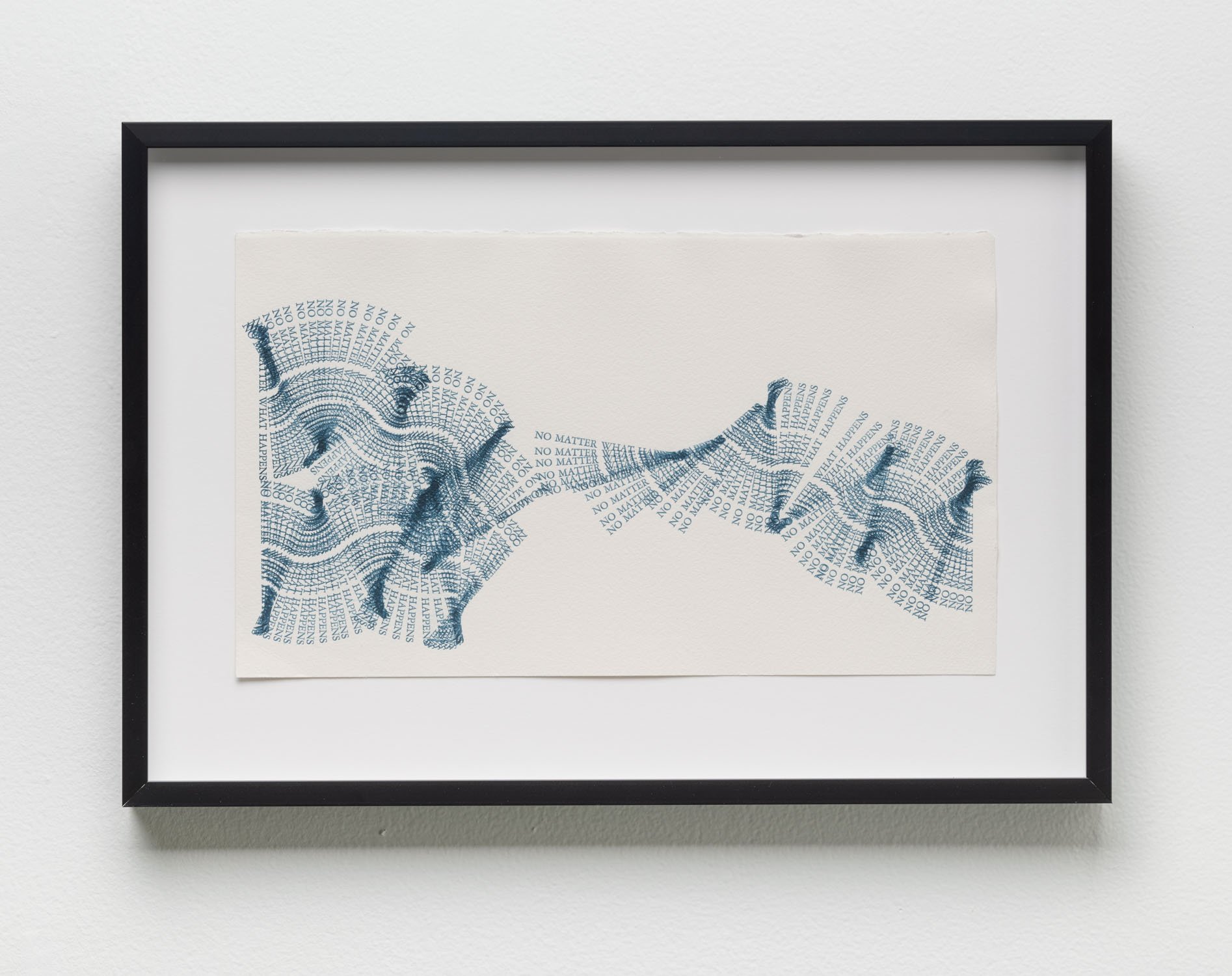
There is so much I want to tell you, 2022, exhibition installation view

There is so much I want to tell you, 2022, exhibition installation view
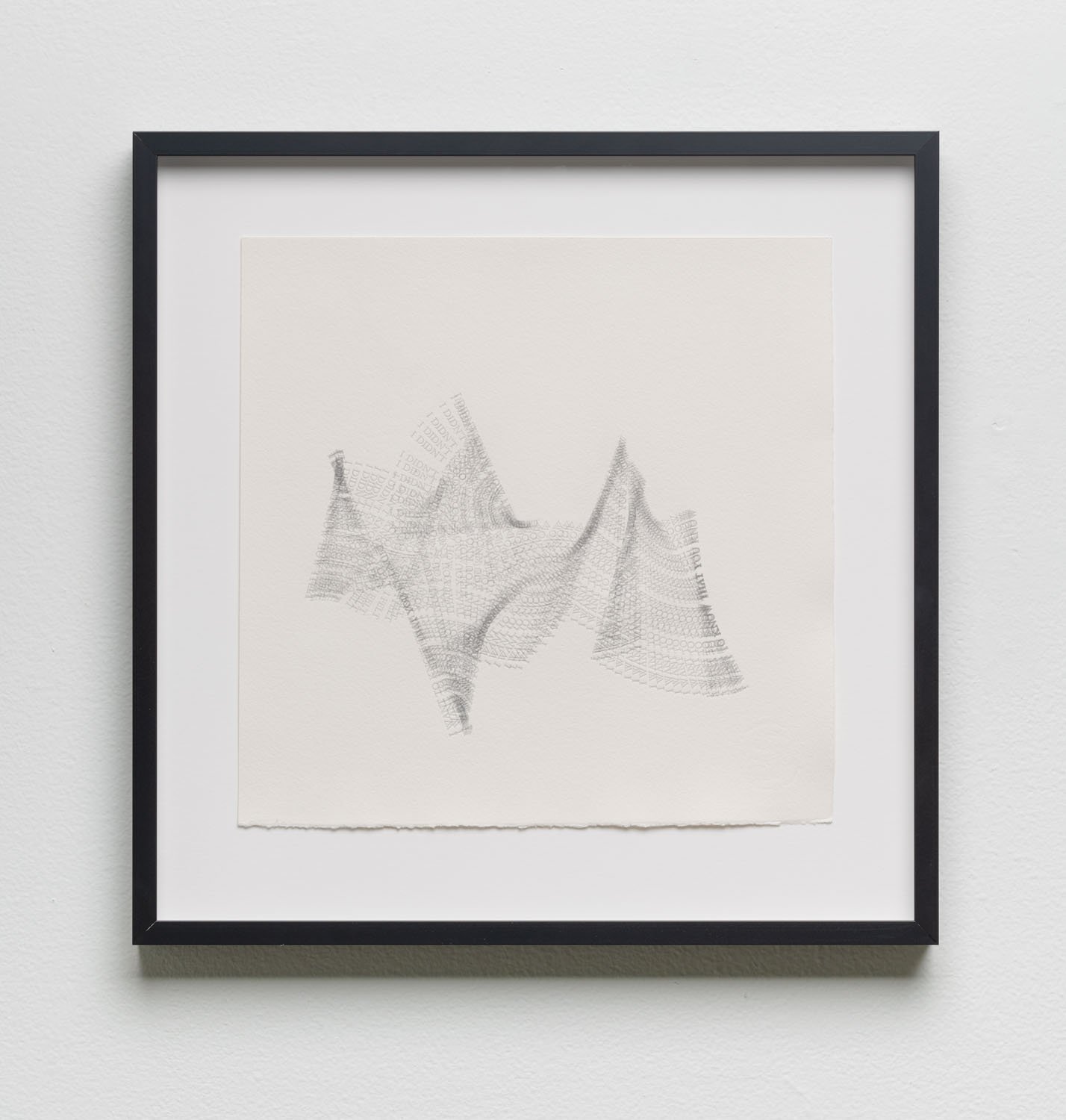
There is so much I want to tell you, 2022, exhibition installation view

There is so much I want to tell you, 2022, exhibition installation view

There is so much I want to tell you, 2022, exhibition installation view

There is so much I want to tell you, 2022, exhibition installation view
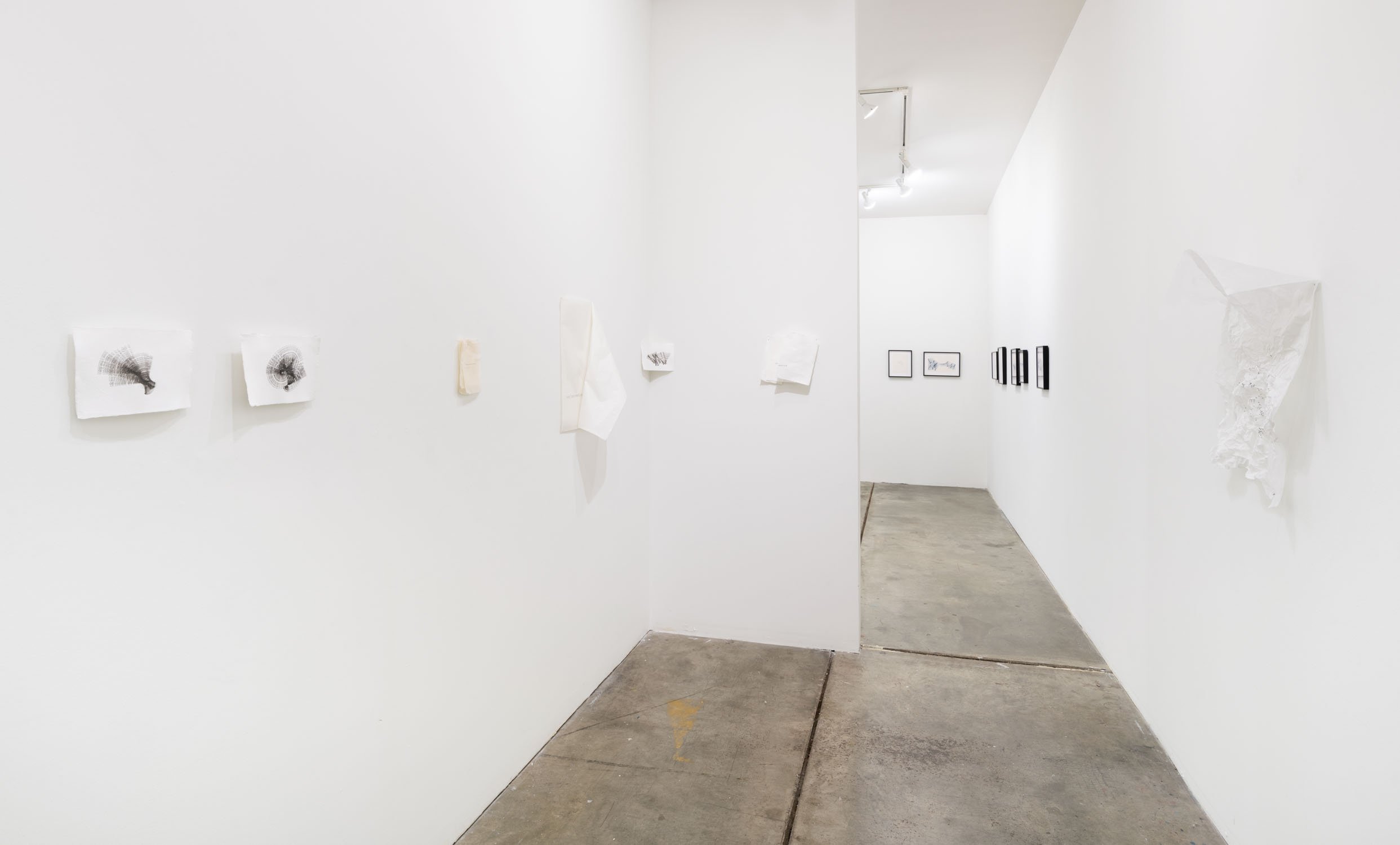
There is so much I want to tell you, 2022, exhibition installation view
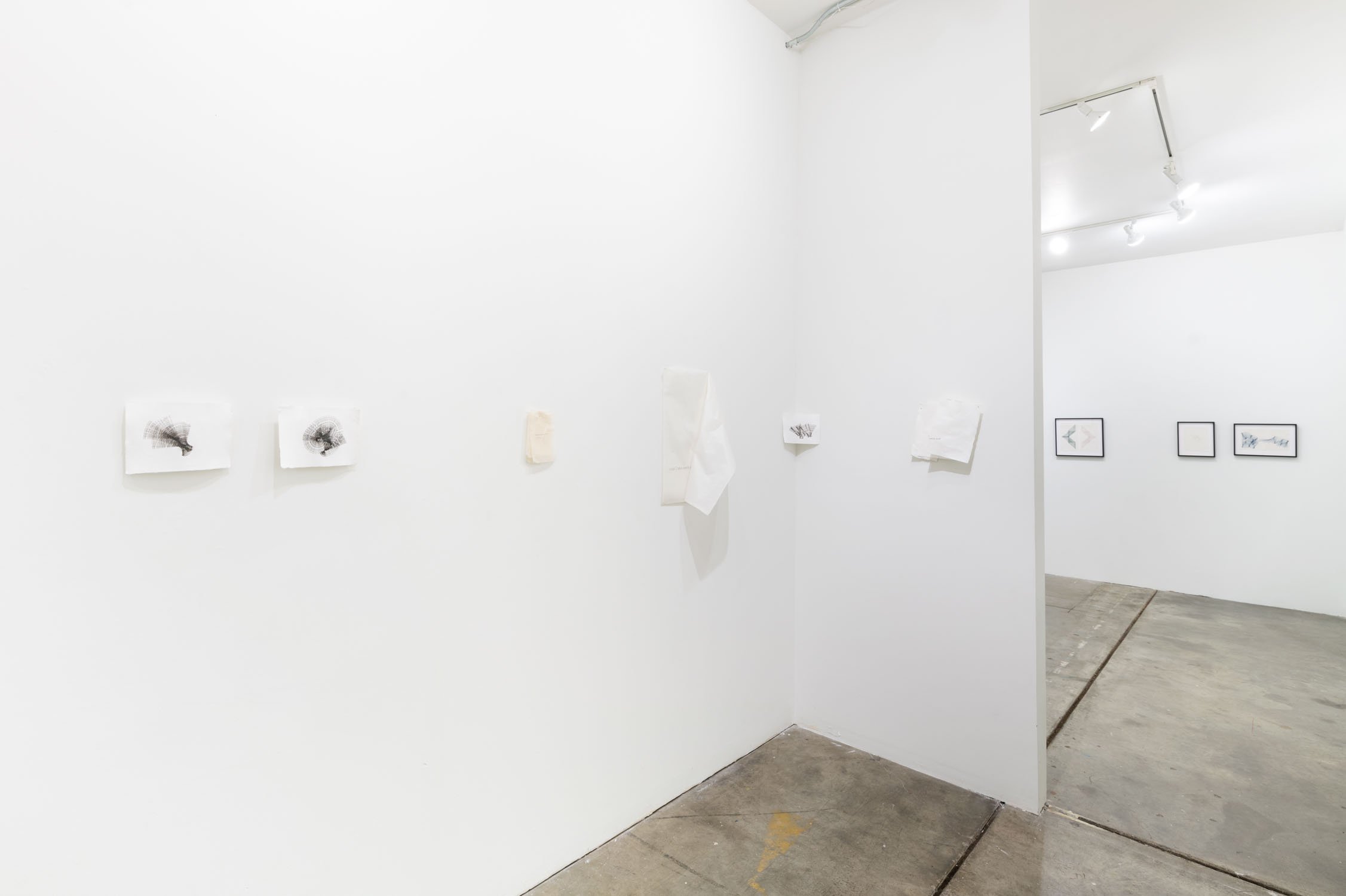
There is so much I want to tell you, 2022, exhibition installation view

There is so much I want to tell you, 2022, exhibition installation view
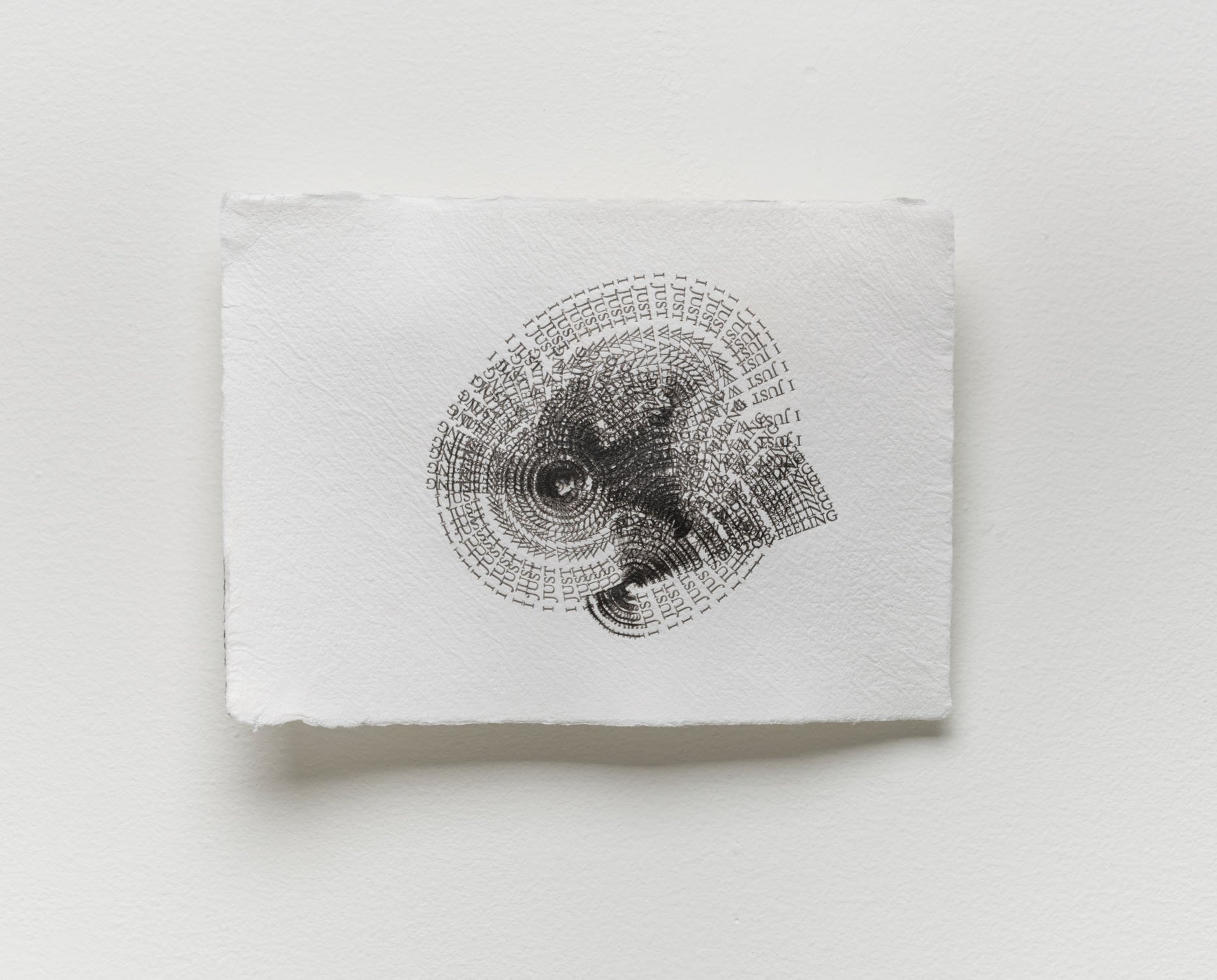
There is so much I want to tell you, 2022, exhibition installation view

There is so much I want to tell you, 2022, exhibition installation view
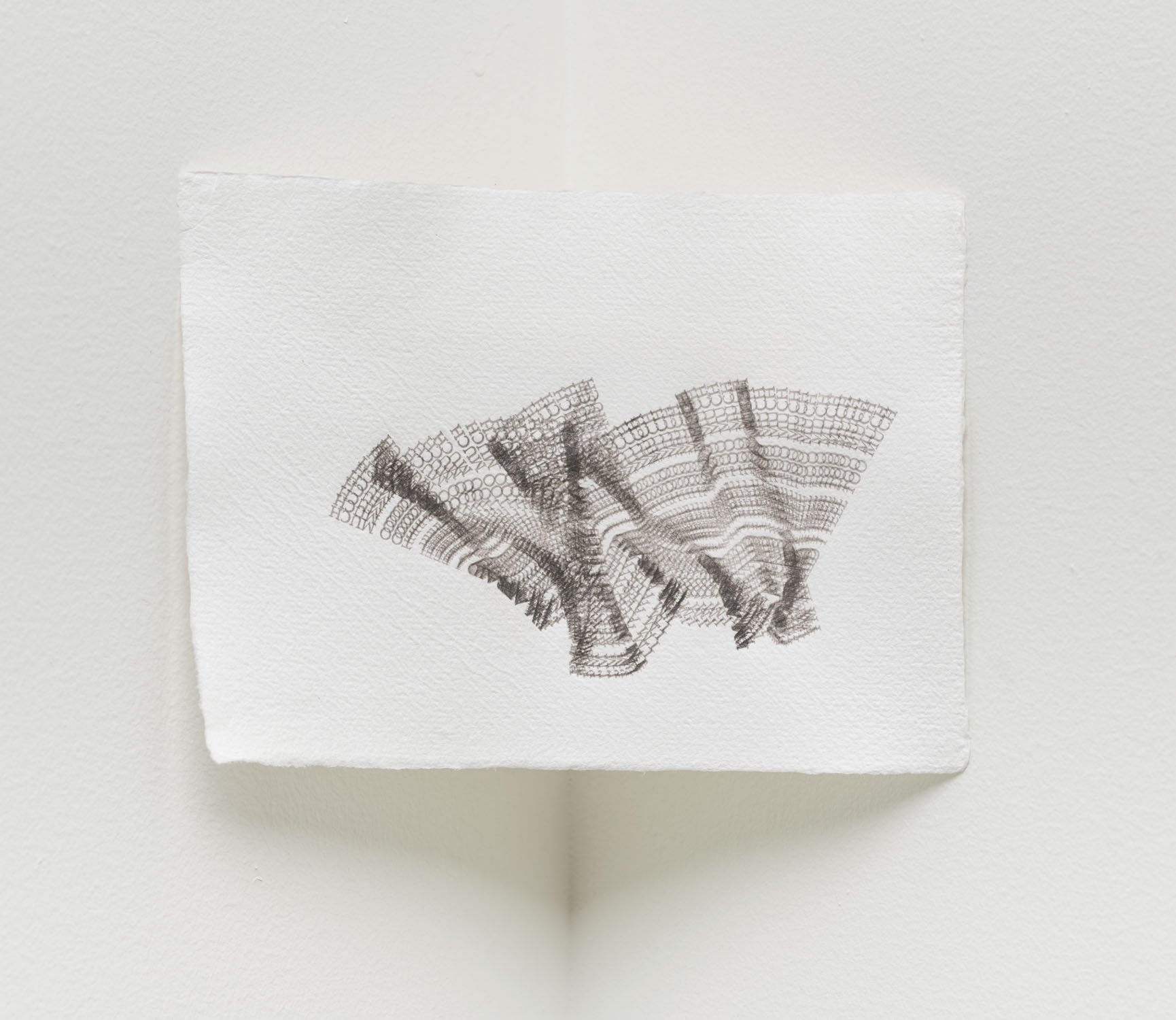
There is so much I want to tell you, 2022, exhibition installation view
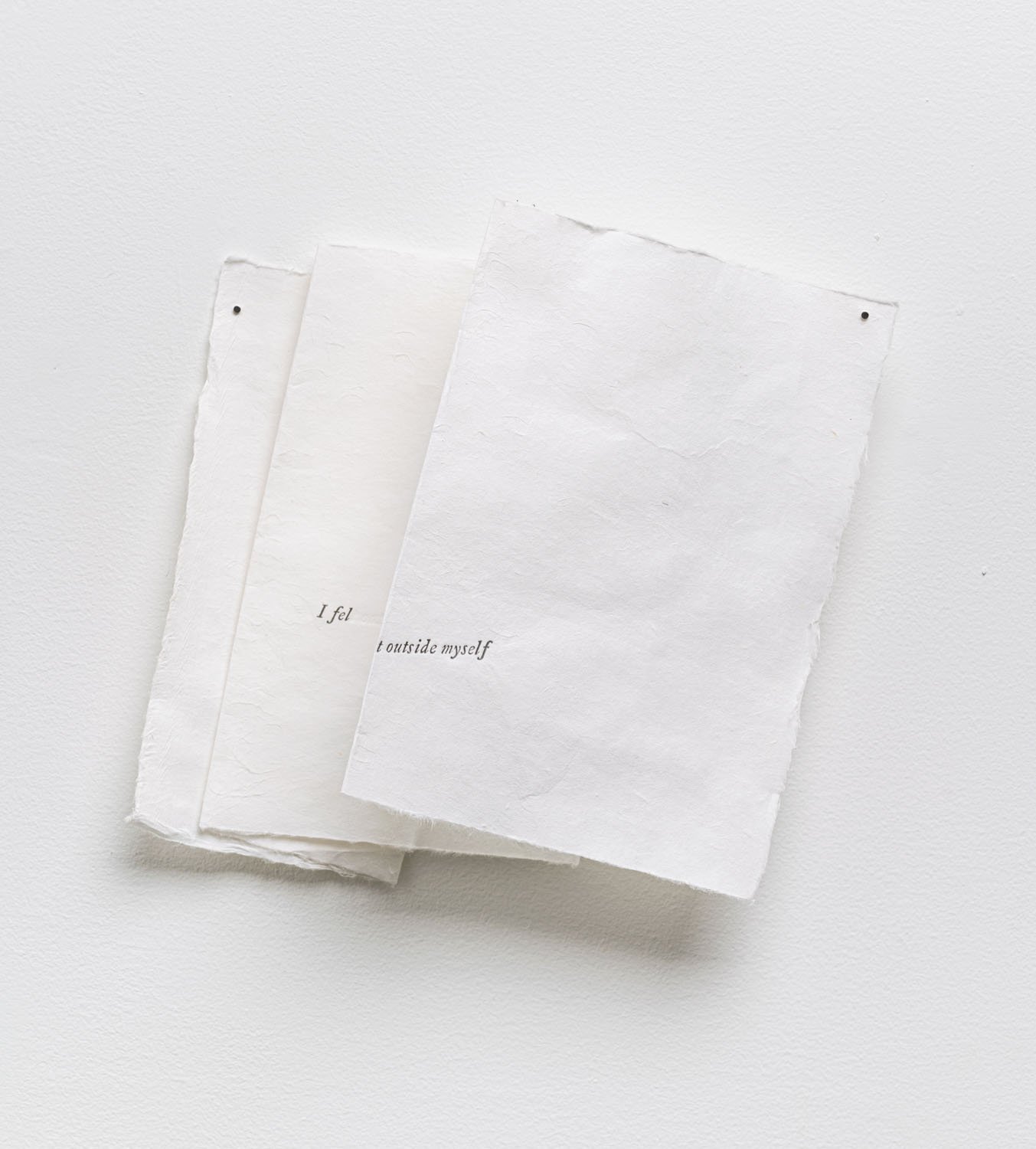
There is so much I want to tell you, 2022, exhibition installation view

There is so much I want to tell you, 2022, exhibition installation view

There is so much I want to tell you, 2022, exhibition installation view

There is so much I want to tell you, 2022, exhibition installation view

There is so much I want to tell you, 2022, exhibition installation view

There is so much I want to tell you, 2022, exhibition installation view
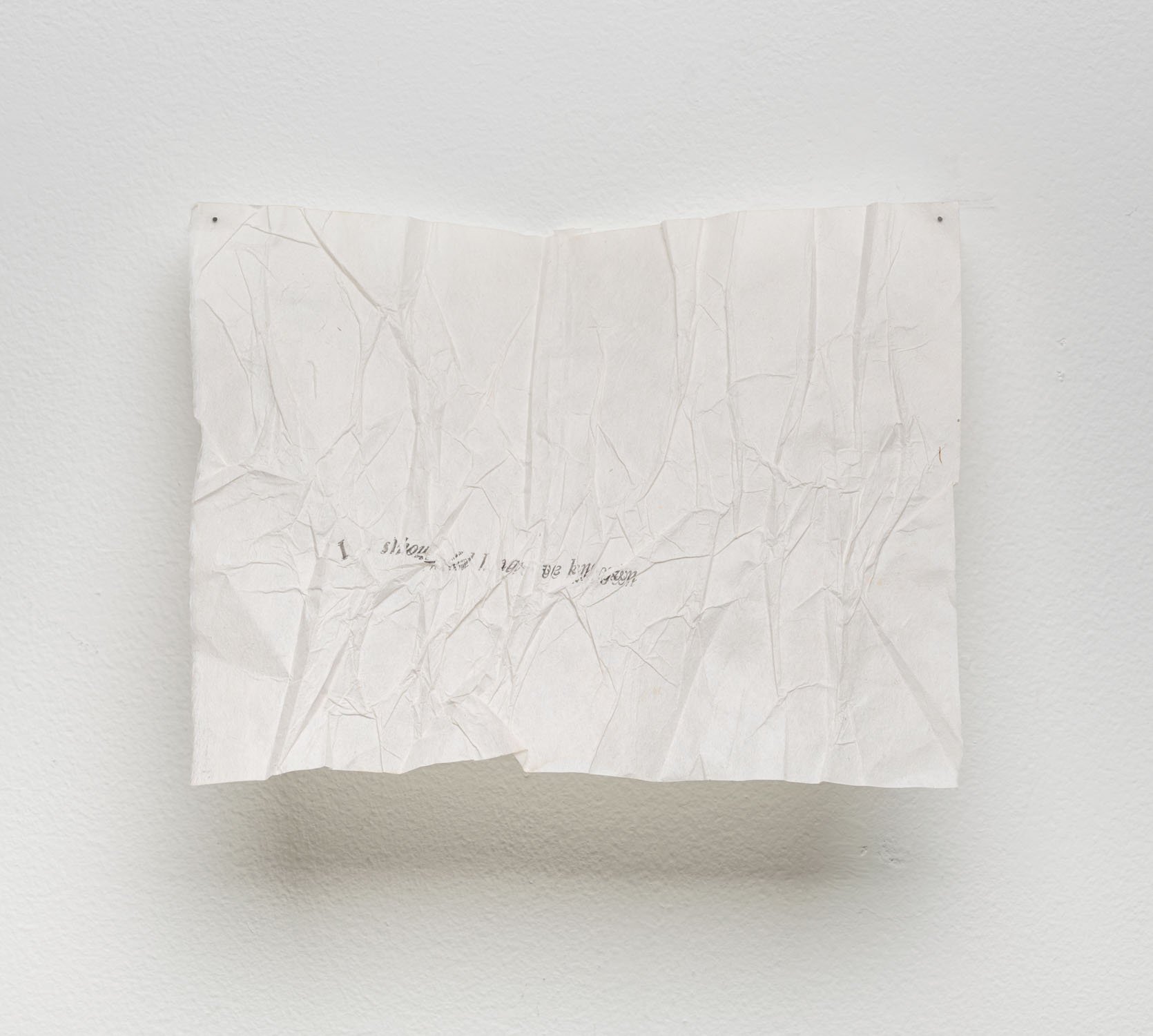
There is so much I want to tell you, 2022, exhibition installation view
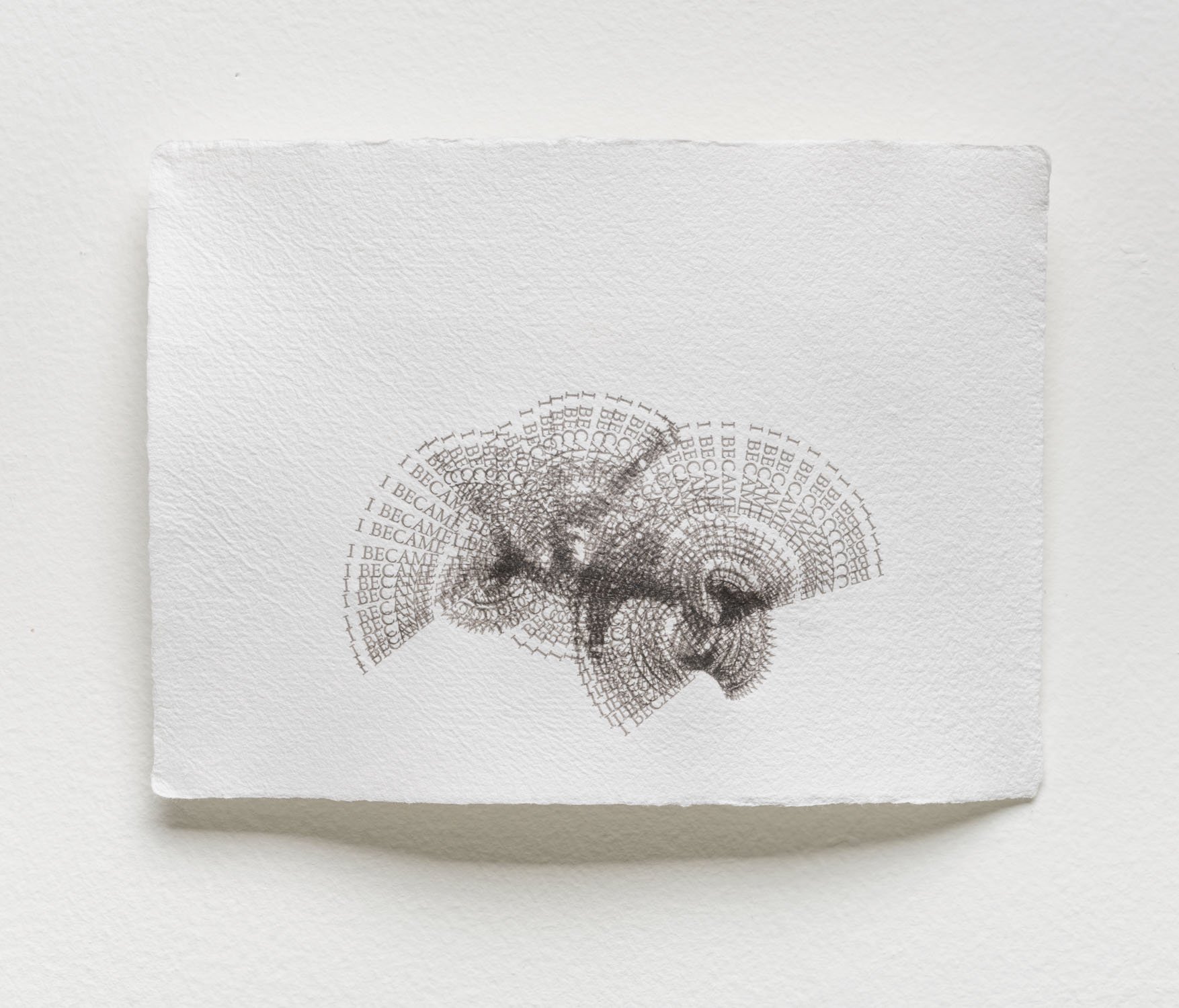
There is so much I want to tell you, 2022, exhibition installation view
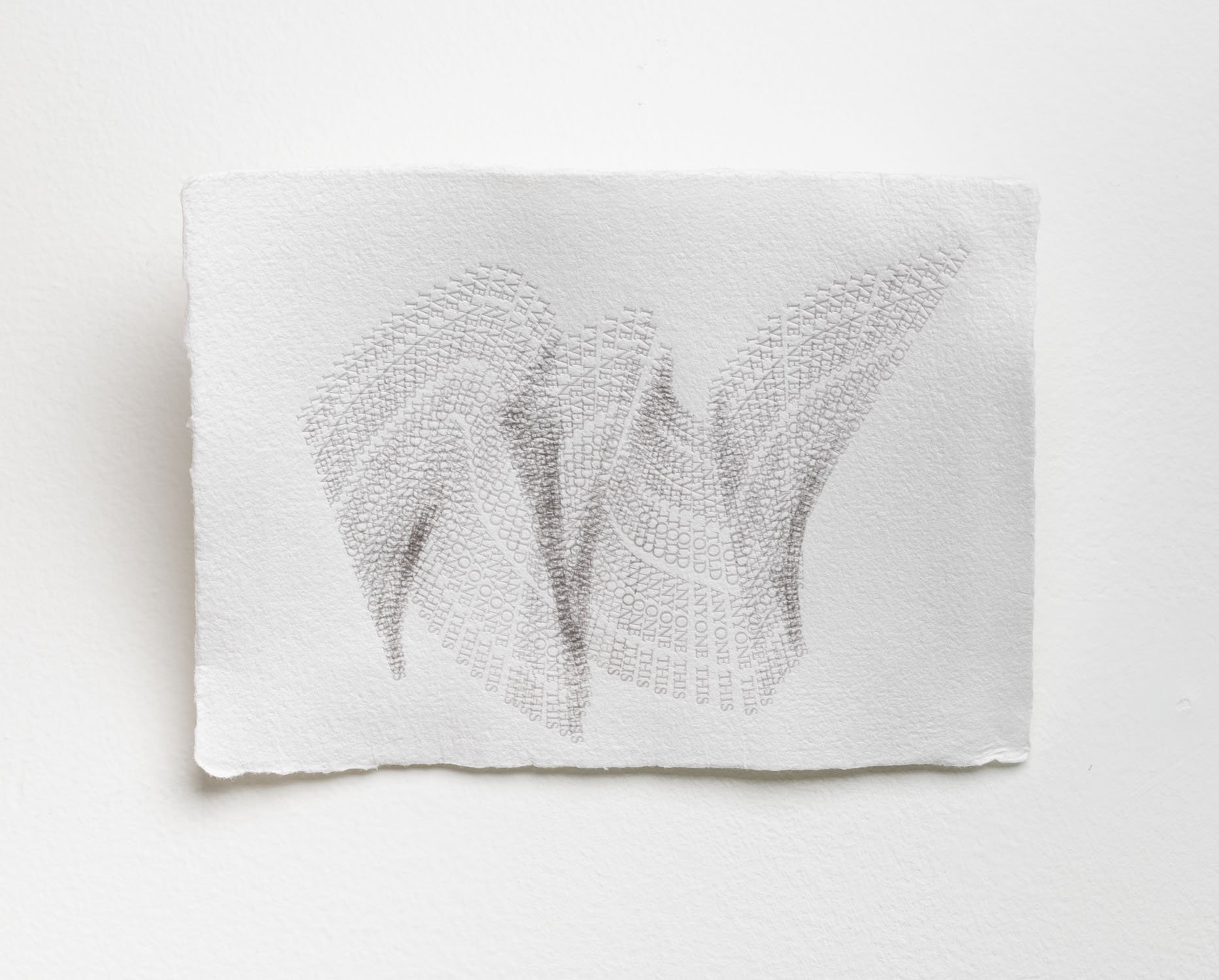
There is so much I want to tell you, 2022, exhibition installation view
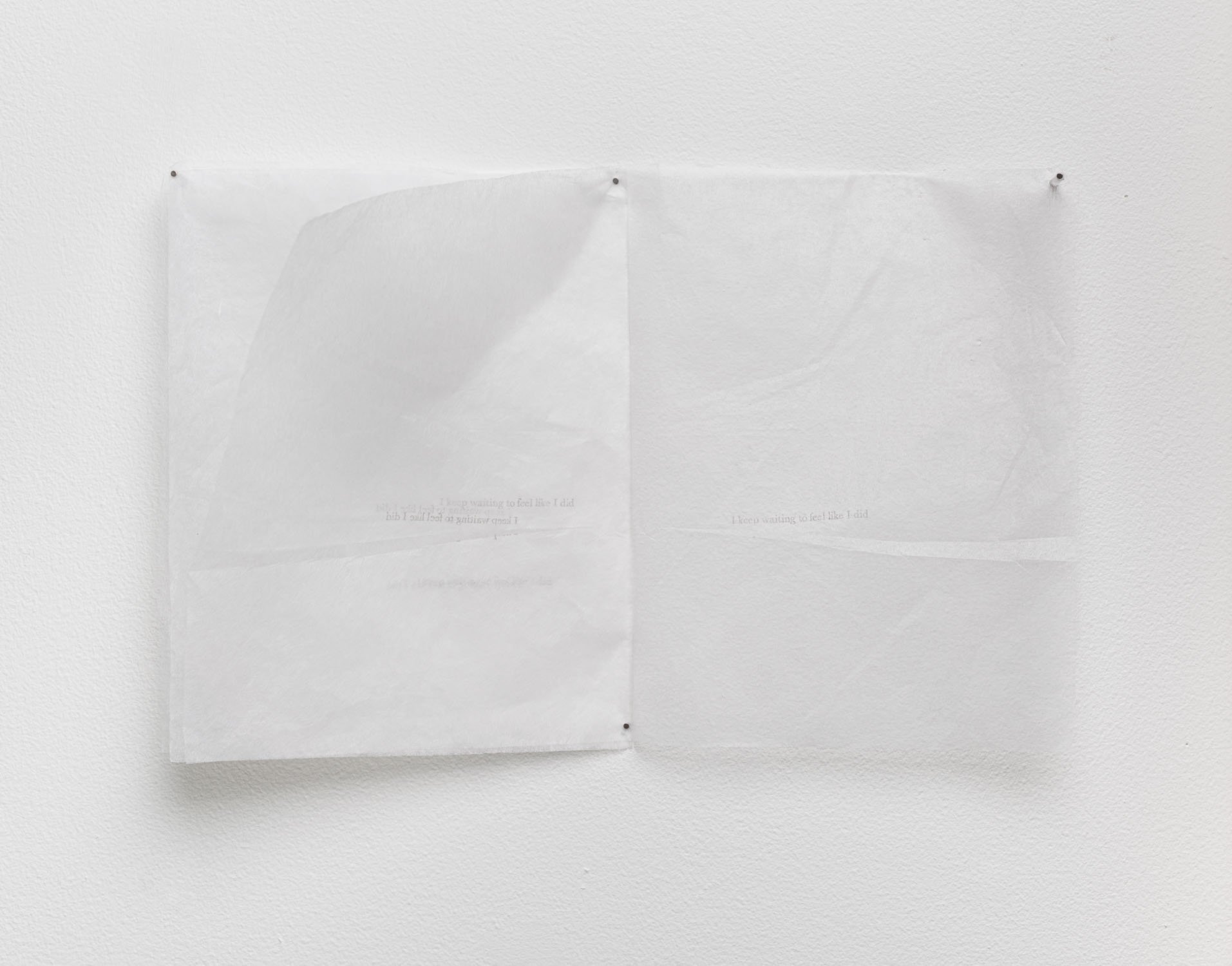
There is so much I want to tell you, 2022, exhibition installation view
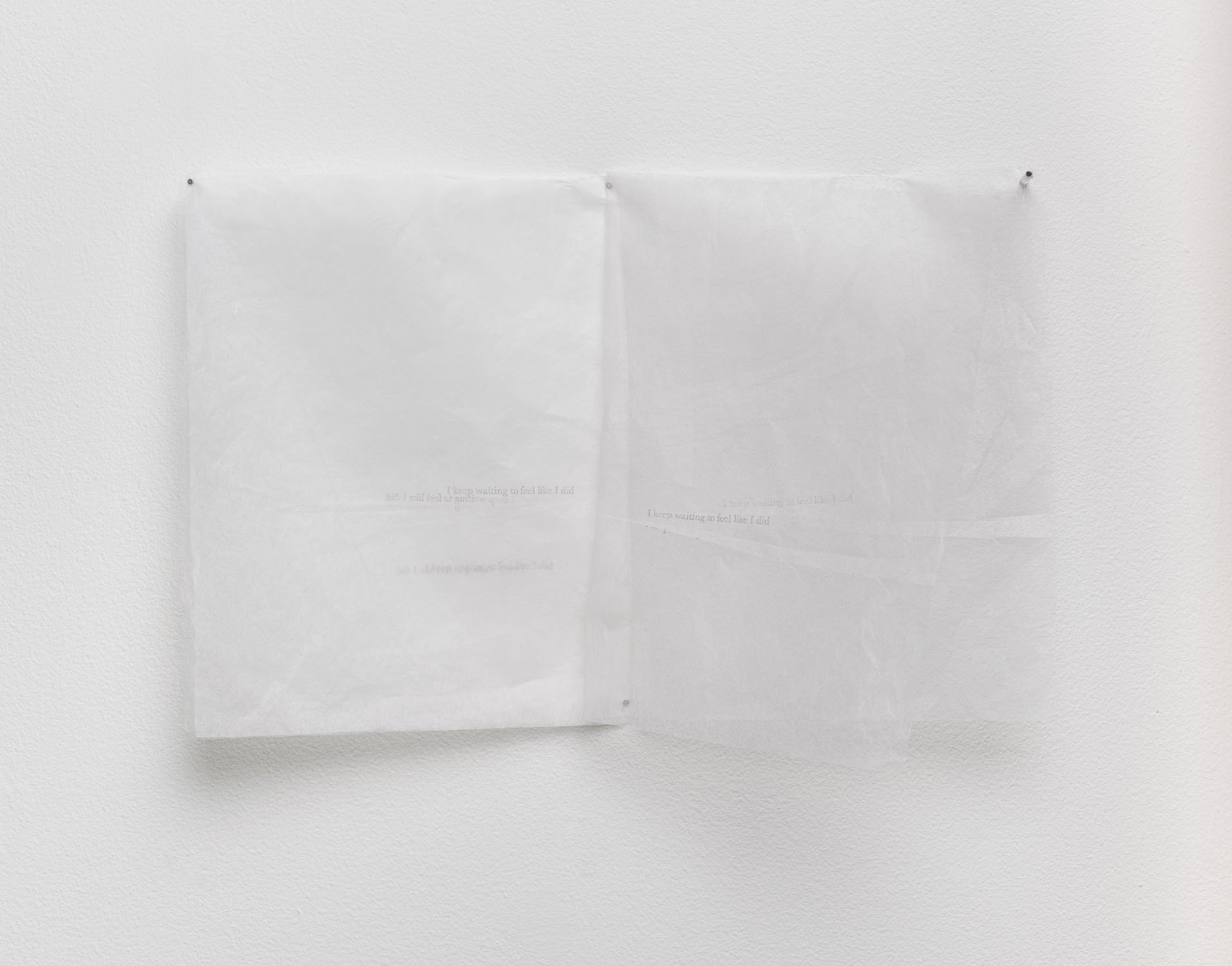
There is so much I want to tell you, 2022, exhibition installation view

There is so much I want to tell you, 2022, exhibition installation view

There is so much I want to tell you, 2022, exhibition installation view

There is so much I want to tell you, 2022, exhibition installation view
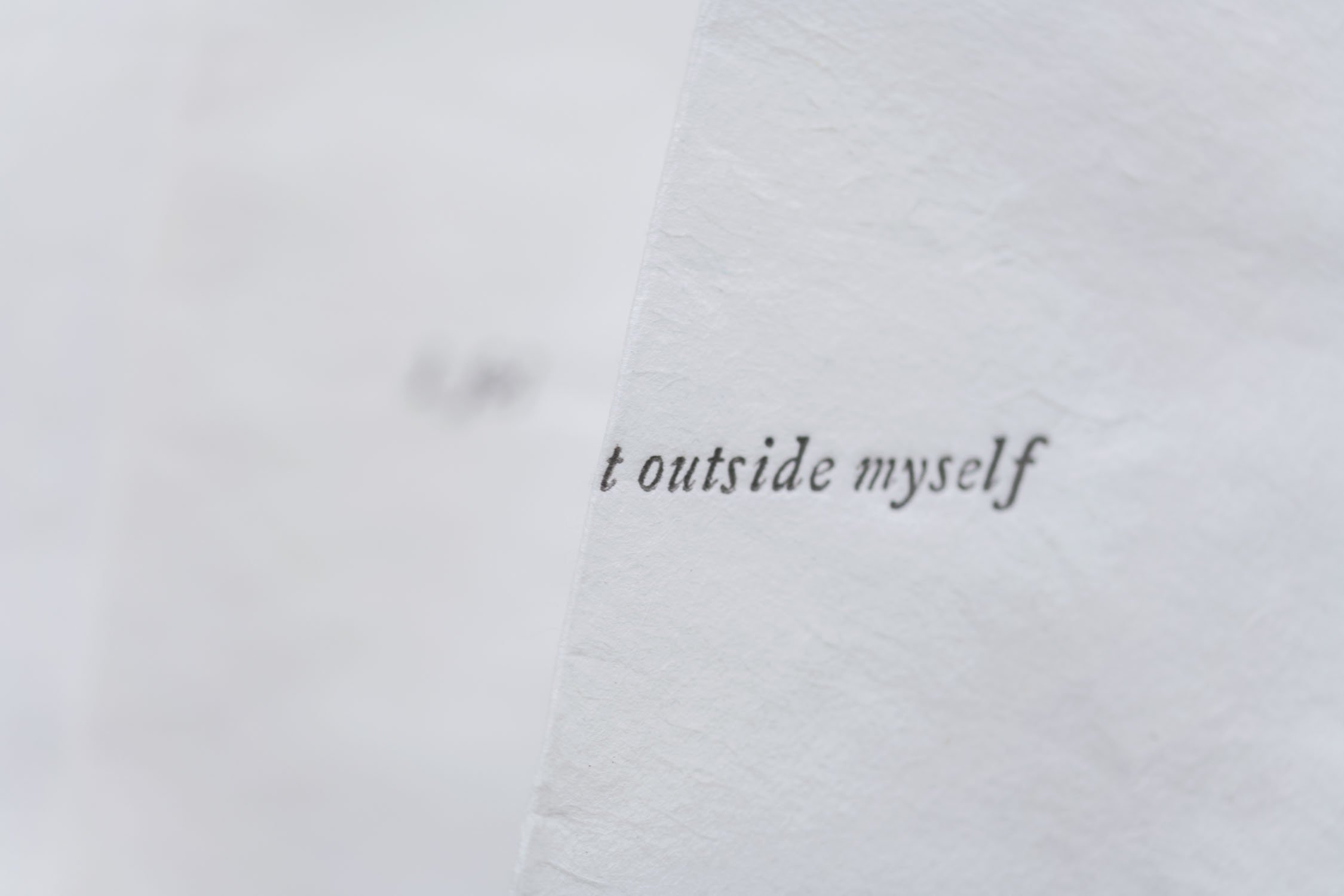
There is so much I want to tell you, 2022, exhibition installation view

There is so much I want to tell you, 2022, exhibition installation view

There is so much I want to tell you, 2022, exhibition installation view

There is so much I want to tell you, 2022, exhibition installation view

There is so much I want to tell you, 2022, exhibition installation view

There is so much I want to tell you, 2022, exhibition installation view
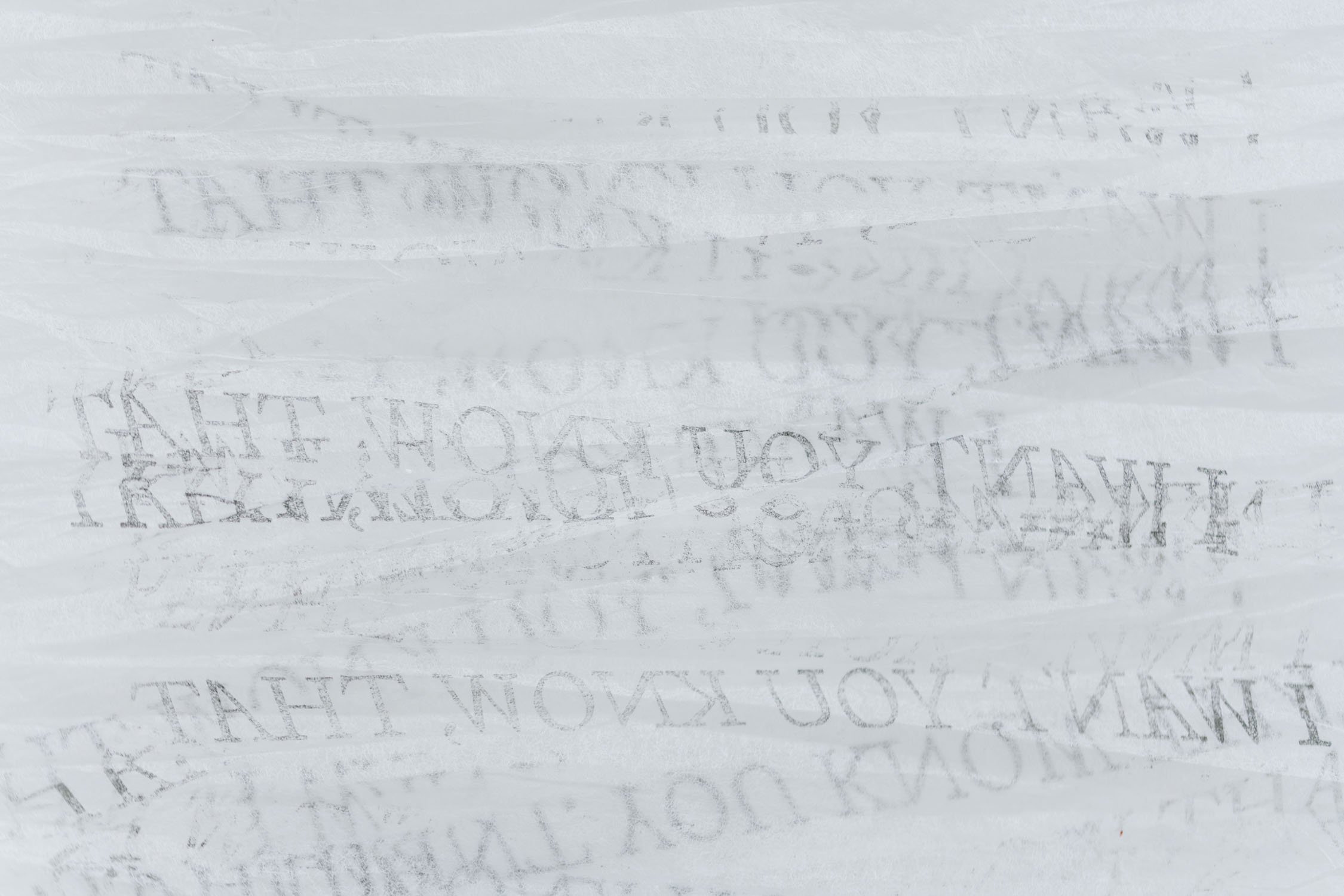
There is so much I want to tell you, 2022, exhibition installation view

There is so much I want to tell you, 2022, exhibition installation view

There is so much I want to tell you, 2022, exhibition installation view

There is so much I want to tell you, 2022, exhibition installation view
